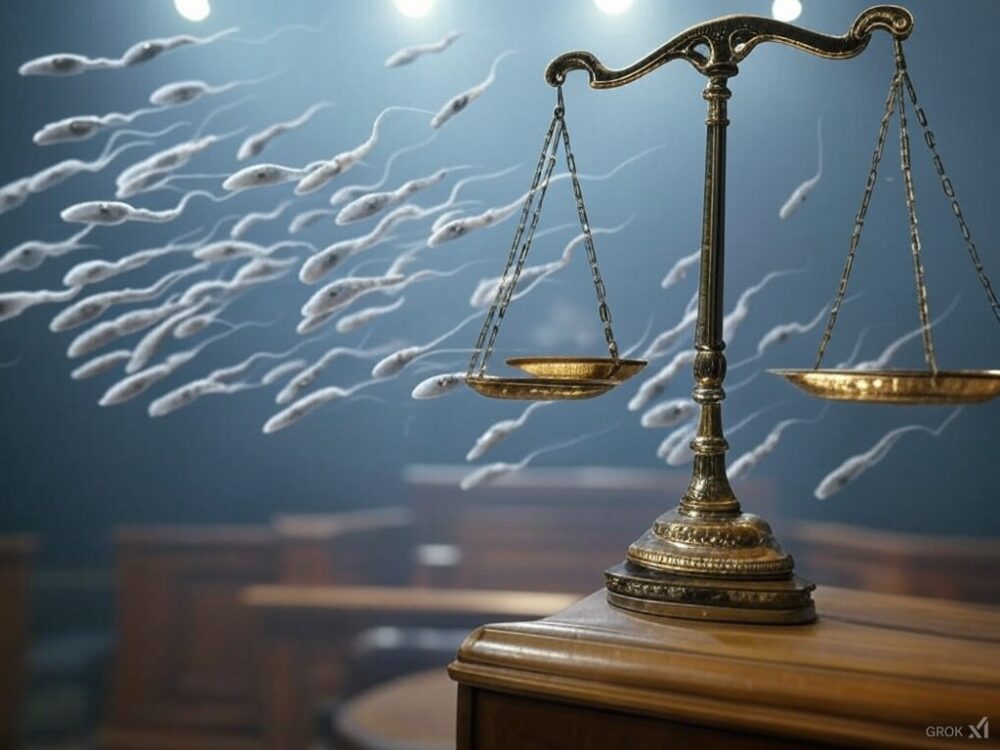
Introduction
The legal rights and obligations of sperm donors in Australia remain a complex and evolving issue. While traditional notions of parenthood were historically tied to biological and genetic links, modern legal frameworks consider factors such as intent, parental responsibility, and the best interests of the child. Recent cases, including the High Court decision in Masson v Parsons [2019] HCA 21, have significantly influenced the interpretation of sperm donors’ rights and obligations.
Legal Framework for Sperm Donors in Australia
Australian family law distinguishes between anonymous sperm donors, known donors, and those who actively participate in a child’s life. The Family Law Act 1975 (Cth) does not automatically grant parental rights to sperm donors, but case law has established circumstances where a donor may be legally recognised as a parent.
- Anonymous Donors – In cases where sperm donation occurs through a licensed fertility clinic, the donor has no legal parental status or obligations.
- Known Donors – If the donor is known to the recipient, legal recognition depends on their involvement in the child’s life and any pre-conception agreements.
- Donors in Ongoing Parental Roles – If a sperm donor has a meaningful parental relationship with the child, courts may determine they have legal rights and responsibilities.
Key Case: Masson v Parsons (2019)
The landmark case Masson v Parsons tested the definition of ‘parent’ in Australian law. Robert Masson, a sperm donor, had provided sperm to a friend under the belief that he would play an active role in the child’s life. Despite not being in a relationship with the mother, he remained involved in the child’s upbringing.
The High Court ruled that Masson was legally the child’s father, as he had played an active parental role. The decision clarified that a sperm donor can be considered a legal parent if they have an ongoing relationship with the child, overriding state-based laws that exclude sperm donors from parental recognition.
Rights and Responsibilities of Sperm Donors
- Parental Recognition – A sperm donor may be recognised as a legal parent if they play a significant role in the child’s upbringing.
- Child Support Obligations – If recognised as a parent, the donor may be required to provide financial support.
- Custody and Visitation – A donor who is legally recognised as a parent may seek custody or visitation rights.
- Best Interests of the Child – The court’s primary concern in determining parentage is the best interests of the child, considering emotional and financial support, stability, and family dynamics.
The Case of ‘Joe Donor’: A Serial Sperm Donor Claiming Parenthood
A recent example that highlights the complexities of sperm donor parentage is the case of ‘Joe Donor,’ a serial sperm donor who has fathered multiple children across different families. While ‘Joe’ initially donated sperm under informal arrangements, he later sought legal recognition as the father of some of the children. Under Australian law, his claim to parenthood would depend on whether he played a meaningful role in the lives of the children.
If ‘Joe’ had limited or no contact with the children and donated through clinics, he would not be recognised as a legal parent. However, if he actively participated in their upbringing—such as providing financial support, engaging in parental responsibilities, or forming an emotional bond—the courts could consider granting him parental status. This case underscores the importance of clear legal agreements and the potential risks faced by serial sperm donors who maintain connections with their biological offspring.
Implications for Future Cases
The Masson v Parsons ruling has broader implications for non-traditional families, including same-sex couples and co-parenting arrangements. It highlights the importance of clear pre-conception agreements and legal advice for those considering known sperm donation.
Conclusion
Australian law continues to adapt to the complexities of assisted reproduction and parentage. While sperm donors do not automatically gain parental rights, legal recognition depends on their level of involvement in the child’s life. This evolving legal landscape underscores the importance of clear agreements and legal consultation for all parties involved in sperm donation and co-parenting arrangements.
Michael J. Tyler